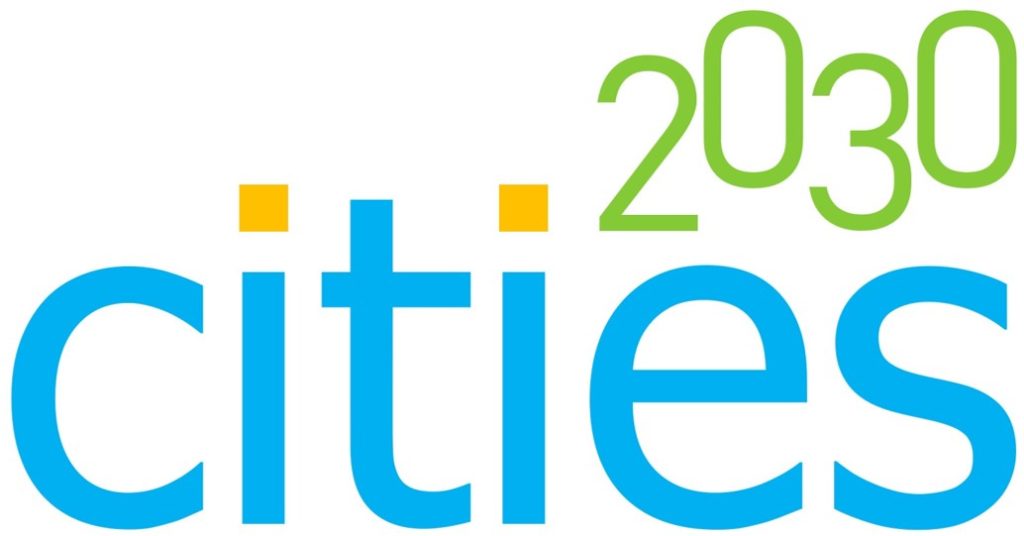Latvian Rural Forum (LRF) in partnership with 40 European organisations launches the project CITIES2030 “Co-creating resilient and sustainable food towards FOOD2030”, coordinated by Ca’ Foscari University of Venice. CITIES2030 will be implemented for the period 2020-2024 with total budget 12 513 955.75 EUR.
Over 4 years, CITIES2030 cross-sectoral team will work on restructuring and transforming the way in which food is produced, supplied, recycled and consumed in the 21st century. The project vision is to connect short food supply chains, gathering consumers, strategic and complement industry partners, the civil society, start-ups and enterprises, leading universities and research across the vast diversity of disciplines addressing urban food systems and ecosystems.
CITIES2030 aim is to activate, accelerate, structure and generate 2 regions – Vidzeme (Latvia), Troodos (Cyprus) and 9 EU cities – Bremerhaven (Germany), Bruges (Belgium), Haarlem (The Netherlands), Iaşi (Romania), Murska Sobota (Slovenia), Quart de Poblet (Spain), Seinäjoki (Finland), Velika Gorica (Croatia), Vejle (Denmark) and Vicenza (Italy). Within each of eleven pilot territory there will be established policy and living labs that further will be deployed to a total of 50 EU cities and towns. As a result, cities and regions will improve resilience and sustainability, and their leadership will create short food supply chains and ecosystems enabling local investments, cross borders and transnational deployment.
LRF intents within the project to empower local communities as well to establish and maintain ties between the local food producers and consumers. The project will tackle existing challenges in regional food system by supporting all involved parts and developing innovative, place-based and systematic solutions.


CITIES2030 has received funding from the European Union’s Horizon 2020 research programme under grant agreement No. 101000640.